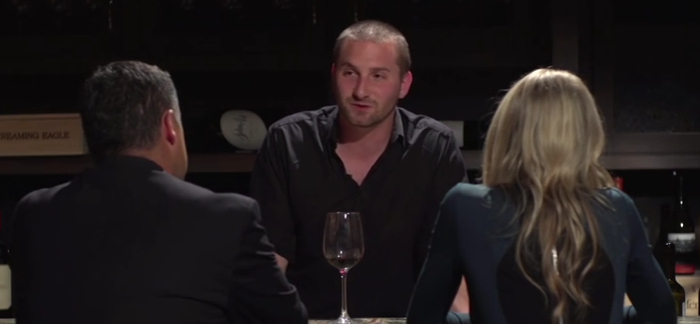Democracy is the youngest form of governance. It has been accepted by historians and experts in governance as the absolutely best option. It is not a perfect method to govern but there is none better. As with any form of governance, there are certain democracy pros and cons. Let us explore them and check out if the pros outweigh the cons or otherwise.
List of Pros of Democracy
1. Democracy is the only form of governance where the people are directly responsible for electing those in power who would be governing them.
Be it monarchy or an authoritarian government, military regimes or any kind of absolutism, there is no power in the hands of the people. They don’t get to choose their zonal, regional, state or national leaders. In a democracy, people can choose their president or prime minister, senators or members of parliament, mayors and councilors and even local representatives who would work at municipal corporations or regional civic departments. In more ways than one, democracy allows people to govern themselves. By electing the leaders, officers or governors of their choice, the people are actually self governing.
2. The people have the power to elect their leaders and they can change the leadership if they don’t find it suitable.
No single person has absolute power. No elected representative can cling onto office for his or her lifetime. There are terms for everyone from a local councilor to the president or prime minister. People judge how the elected representatives have fared and accordingly vote them into power again or vote them out. This allows for some degree of accountability. Elected leaders will have to work for the welfare and benefit of the people to win another term in office. In a way, people have the power to decide their own fate. A leader or politician doesn’t get to dictate as per his or her will.
3. In a democracy, the people are directly involved in electing the leaders, which is both a right and a duty.
The citizens remain invested in governance and also get involved. In representative democracy, people don’t just elect the leaders but also decide what standpoint the leaders must take on every major issue. Right from economic policies to deciding budgets, choosing what to spend a particular sum of money on to influencing policies pertaining to foreign affairs, immigration, laws and business, everything can be influenced. The elected leaders or politicians are thus subject to the will and power of the people to act in their best interest. The leaders are not given a free hand to do whatever they feel like.
4. Democracy ensures equality among the citizens.
Democracy ensures policies and reforms that would augur well for the citizens. Democracy allows individuals to flourish, everyone to live with dignity and having access to the same state funded resources, everyone is treated as the same in the eyes of the law and there is a greater chance of ensuring peace and harmony in society.
5. Democracy is a peaceful way to govern.
There are no wars, no successions, no duels or anything violent, either while staying in power or while gaining power. There is a system in place and everyone must adhere to that. The constitution is the guiding force that everyone must abide by, including the elected president or prime minister of the country.
6. Democracy also segregates the executive, legislative and judiciary in most countries.
Separation of powers ensures that no individual or even a single entity gets unlimited powers. What the executive does is under review by the legislative and judiciary, what the legislative or legislature does is subject to review by the judiciary and vice versa and there’s the executive to have overall control and the final word in matters of national importance.
List of Cons of Democracy
1. Democracy can lead to the election of people who are not fit to govern.
Some politicians can use oratory, bluffing and myriad other hunky-dory claims or promises to impress the people. There’s always a section of the electorate or voters who are gullible and they may end up making poor choices. In this day and age, information is rarely withheld but there can always be less awareness among people which can lead to electing the wrong politician.
2. Democracy is the rule of the majority.
If fifty one people among a hundred want to elect someone, then the wish of the other forty nine people is overruled. If fifty one people want a certain policy, then the policy wanted by the other forty nine is negated. Democracy is hence a majoritarian form of governance where the minority may be unfairly treated. Even if the minority doesn’t get deprived of rights and privileges that the majority gets, the wish of the minority does become insignificant.
Democracy can fuel the influence of mob. Since it is the will of the majority ruling over the entire country and other people, the majority can choose to influence policies that favor them and not others. Such possibilities make way for corruption, lobbying, election fraud and scams.




